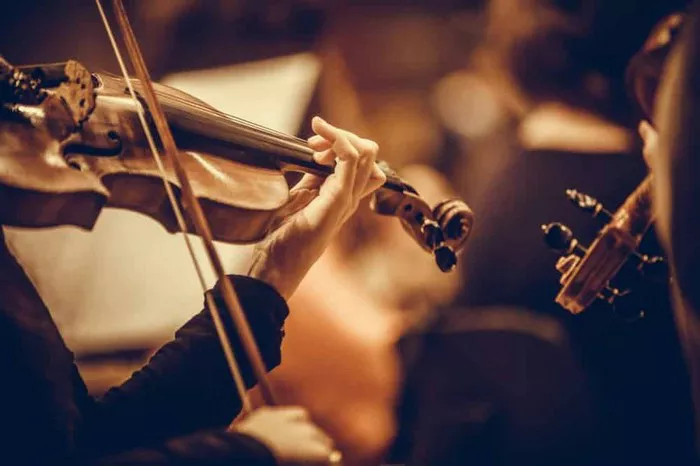Classical music, with its rich history, intricate compositions, and profound emotional depth, has been a cornerstone of the cultural world for centuries. However, in an era dominated by popular music genres and rapidly changing entertainment trends, the status of classical music has faced ongoing debate. Is classical music a timeless treasure, cherished by those who appreciate its beauty, or is it a dying art, struggling to capture the attention of new generations? In this thought-provoking article, we’ll explore the enduring value of classical music, the challenges it faces in the modern age, and its potential for revitalization.
1. The Timeless Beauty of Classical Music
Musical Masterpieces: Classical music is home to some of the most celebrated and enduring compositions in the history of music. Works by legendary composers such as Bach, Beethoven, Mozart, and Tchaikovsky have transcended time, resonating with audiences across generations. The intricate melodies, harmonies, and emotional depth of classical pieces continue to captivate those who seek musical excellence.
A Cultural Treasure: Classical music represents a cultural treasure that reflects the artistic achievements of humanity. Its legacy is woven into the fabric of our society, influencing other genres and shaping the evolution of music as a whole. The symphonies, concertos, and operas that define classical music serve as a testament to the creative genius of composers who dared to push the boundaries of musical expression.
2. The Challenges Faced by Classical Music
Changing Listening Habits: One of the challenges that classical music faces in the modern era is changing listening habits. The rise of digital streaming platforms and the dominance of popular music have shifted the preferences of many listeners. Classical compositions, often longer and more intricate than contemporary songs, require a different level of engagement that may be overlooked by those accustomed to shorter and more easily digestible tracks.
Generational Divide: The generational divide poses another obstacle. While classical music has a devoted following among older generations, younger audiences may not have as much exposure to it. The lack of music education in schools and the limited visibility of classical performances in mainstream media contribute to this gap.
3. Revitalization and Adaptation
Education and Outreach: To ensure the longevity of classical music, education and outreach efforts are crucial. Schools and communities can play a significant role in introducing younger generations to the beauty and significance of classical compositions. Music education programs, concerts for students, and initiatives to make classical music more accessible can spark interest and appreciation.
Innovation and Collaboration: Classical music can find new life through innovative approaches and collaborations. Classical musicians can explore fusion with contemporary genres, reaching audiences that may not have initially gravitated towards classical compositions. Incorporating technology, such as virtual concerts or interactive experiences, can also make classical music more engaging for modern audiences.
4. The Power of Classical Music
Emotional Resonance: Classical music possesses a unique ability to evoke deep emotions and contemplation. The nuances of a well-performed symphony or the elegance of a solo piano piece have the power to transport listeners to a realm of beauty and introspection. Classical music’s emotional resonance is a testament to its enduring relevance.
Cultural Enrichment: Beyond its aesthetic value, classical music enriches our understanding of culture, history, and human expression. It provides a window into the artistic achievements of different eras, allowing us to connect with the past and appreciate the creativity that has shaped our world.
Conclusion
The question of whether classical music is a timeless treasure or a dying art is complex, but the enduring beauty, cultural significance, and emotional impact of classical compositions make a compelling case for its lasting value. While it faces challenges in the modern age, the potential for revitalization through education, innovation, and collaboration is promising. Classical music’s power to inspire, provoke thought, and enrich our lives remains undeniable. By recognizing its importance and working to bridge the gap between generations, we can ensure that classical music continues to shine as a cherished art form, cherished by those who recognize its timeless allure.

